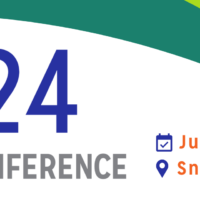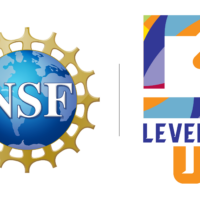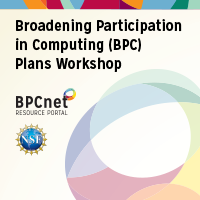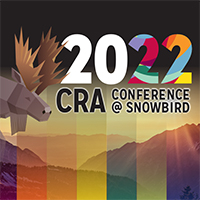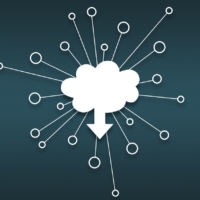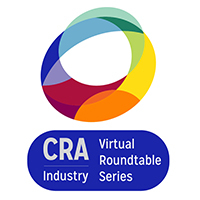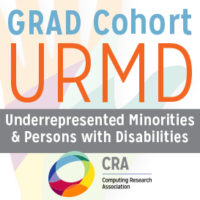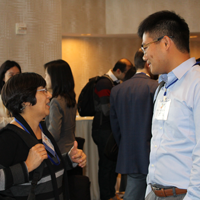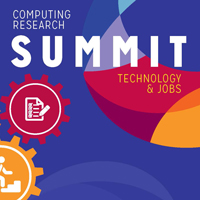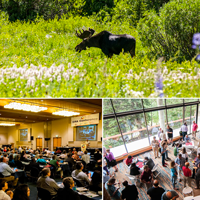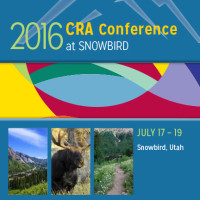As part of the National Science Foundation (NSF) Directorate for Computer and Information Science and Engineering’s (CISE) commitment to broaden participation in computing (BPC), several NSF CISE programs now require PIs to have a meaningful Broadening Participation in Computing (BPC) Plan at the time of the award. Computing departments are encouraged to develop Departmental BPC Plans that faculty can use in their proposals for those NSF programs.
To support academic institutions in developing a Departmental BPC Plan, the Computing Research Association (CRA) is hosting an NSF-funded in-person workshop on August 3-5, 2022 in Denver, CO.
The workshop will present information on Departmental BPC Plans, hands-on activities and resources to develop Plans, and real-time feedback from BPC Plan consultants. Please check back later for details on how to sign up for these sessions. Participants are also encouraged to meet individually with BPC Consultants by making a free appointment on BPCnet.org.

